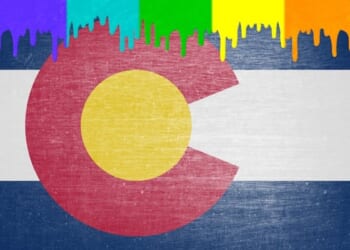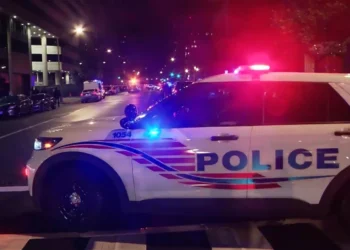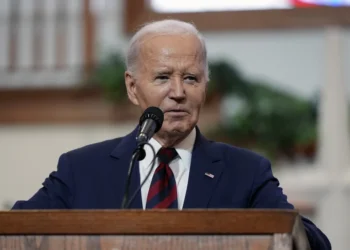Secretary of Agriculture Brooke Rollins signed a waiver to amend which foods and beverages will be available for purchase under Nebraska’s Supplemental Nutrition Assistance Program. Residents will no longer be able to purchase soda and energy drinks using their SNAP benefits.
Nebraska is the first state to receive such a waiver, which aligns with the Trump administration’s efforts to “Make America Healthy Again.” Six other states, including Arkansas, Colorado, Kansas, Indiana, Iowa, and West Virginia, have requested similar waivers.
With the new exception, the 9.3% of SNAP dollars typically spent on “sweetened beverages” must be used on other goods.
Approximately 8% of the Nebraska population, or 155,000 people, are on SNAP, according to the Center on Budget and Policy Priorities. New SNAP requirements have been proposed in the GOP’s “one big, beautiful bill”. The bill would reduce federal SNAP responsibilities by about $192 billion in the next 10 years and require a larger portion to be covered by the states.
Rollins commended Gov. Jim Pillen (R-NE) and Arkansas, Kansas, Colorado, and other states as being “pioneers in improving the health of our nation.” Pillen said he requested the waiver because taxpayers should not be “subsidizing” the purchases of such drinks for people on food stamps.
The USDA announcement cited the propensity of high school students to consume sugary drinks, with 15% drinking at least one soda per day. It also highlighted the agency’s worry about the danger of prediabetes, a chronic condition in which the patient is at risk for type 2 diabetes.
The availability of soda waivers to states’ SNAP programs was announced by Health and Human Services Secretary Robert F. Kennedy Jr. in March to governors when West Virginia announced it would become the first state to ban artificial food dyes.
HOUSE GOP RELEASES SNAP COST-SHARING PLAN WITH STATES IN TRUMP’S MEGABILL
Other items high in fat and sugar may also be unavailable to SNAP recipients soon, as some states consider them worth banning. While candy and chips have been the main foods mentioned, lawmakers say anything with no nutritional value is up for grabs.
Not everyone is on the same page; Gov. Katie Hobbs (D-AZ) struck down a bill in April that would have had the same effect. In a statement, she said she denied the exemption because she felt her state needed to focus on making fresher food more available.

















